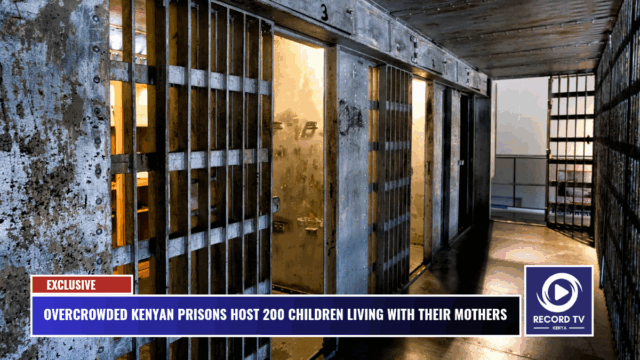Kenyan prisons are facing severe overcrowding, with more than 58,000 inmates crammed into facilities designed to hold just 38,000 people — an occupancy rate of about 173%.
Among those behind bars are about 200 children, most of them under the age of four, living alongside their incarcerated mothers.
Under Kenyan law, children born to or dependent on female inmates are allowed to stay with their mothers in prison until they reach the age of four.
While intended to preserve the mother-child bond, rights groups warn that these children are growing up in environments that are far from suitable for early development.
Overcrowding in prisons has worsened living conditions, with many facilities struggling to provide adequate food, healthcare, and sanitation.
Experts say the presence of children in such conditions raises urgent questions about child welfare, public health, and the need for alternative sentencing for women with young children.
The Kenya Prisons Service has acknowledged the challenge, citing resource constraints and a rising inmate population as key obstacles.
Advocates are calling for reforms, including the expansion of non-custodial sentences and improved childcare facilities for the youngest residents of Kenya’s justice system.















